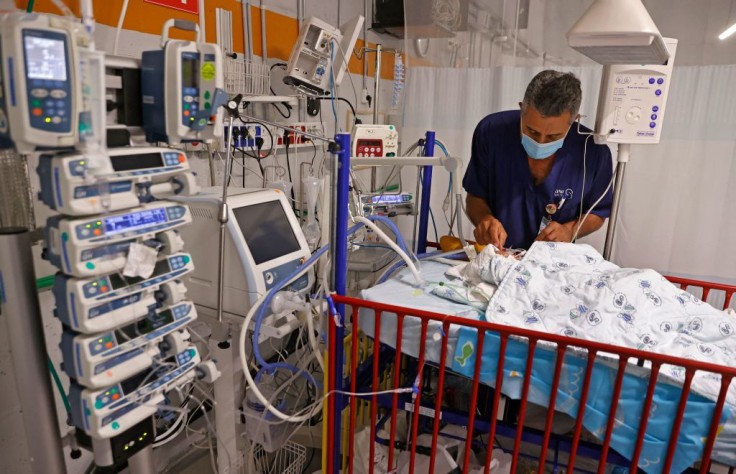
In the U.K., one baby per week dies from Group B Strep within hours of being born. Statistics also show that 75 babies each year survive the infection but are left with a disability.
The disease has caught national attention lately as one of the findings is that some babies who may have died were inflicted with Group B Strep (GBS) without the mothers knowing it.
Group B Streptococcus causes life-threatening infection in newborn babies, causing sepsis, pneumonia, and meningitis. Some of the women whose babies died or were left with lifelong disabilities had the infection and passed it unknowingly to their children, according to the Ockenden Review.
Horrific experience with GBS
One of those interviewed in the Ockenden Review was Charlotte Cheshire, who gave birth to her son Adam in 2011. She said her pregnancy was straightforward, but his birth was a "life sentence" for her.
She recalled that during the labor, she hemorrhaged and lost almost an entire liter of blood. She remembered being stitched internally, and she was screaming. After giving birth, she and her husband thought they had been through the worst. But in the morning, they remembered that their son had stopped breathing, was suffering from constant seizures, and his whole body convulsed.
Despite constantly telling the midwives her concerns, it took them several hours to take her seriously and rushed her to the intensive care unit. Adam was diagnosed with Group B strep meningitis, so he spent the first week on life support in a medically induced coma. Adam survived, but it left him with complex disabilities and significant learning delays, ITV.com said.
Preventing GBS
According to Jane Plumb, Chief executive of charity Group B Strep Support, the poor care of cases like Adam is heartbreaking. If health practitioners had only done things differently, babies and mothers would not suffer from the lifelong disability of babies or death.
Plumb added that Group B Strep is a leading cause of severe infection in newborn babies, but these "awful" infections can be prevented.
In the U.K., one in every 1,750 babies is diagnosed with early onset of GBS, while one in every 2,700 gets late-onset group B Strep infection when babies are between seven and 90 days.
According to WebMD, Group B Strep bacteria may live in the intestines and genital tract, including the vagina. One in every four pregnant women is likely to have the bacteria. If a pregnant woman has the bacteria, babies may get it through vaginal birth.
The bacteria is detected through urine culture at the early stages and on the 35th to 37th week of the pregnancy. Doctors will then prescribe an antibiotic to treat the infection.
Plumb noted that doctors do not routinely test pregnant women for Group B Strep in the U.K., unlike other wealthy countries like the USA, Canada, and Europe.
In response to the 2020 Interim report on Ockenden Review on cases of GSB among women in the report, the Group B Strep Support said in a statement that the finding was a "hard reading," and they commend the families who shared their experiences as part of the review. The group hopes that the National Health Service learns from the study so no more babies will fall or die due to poor care for a preventable disease.